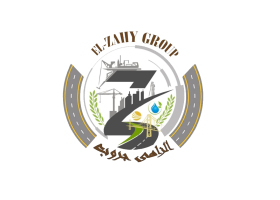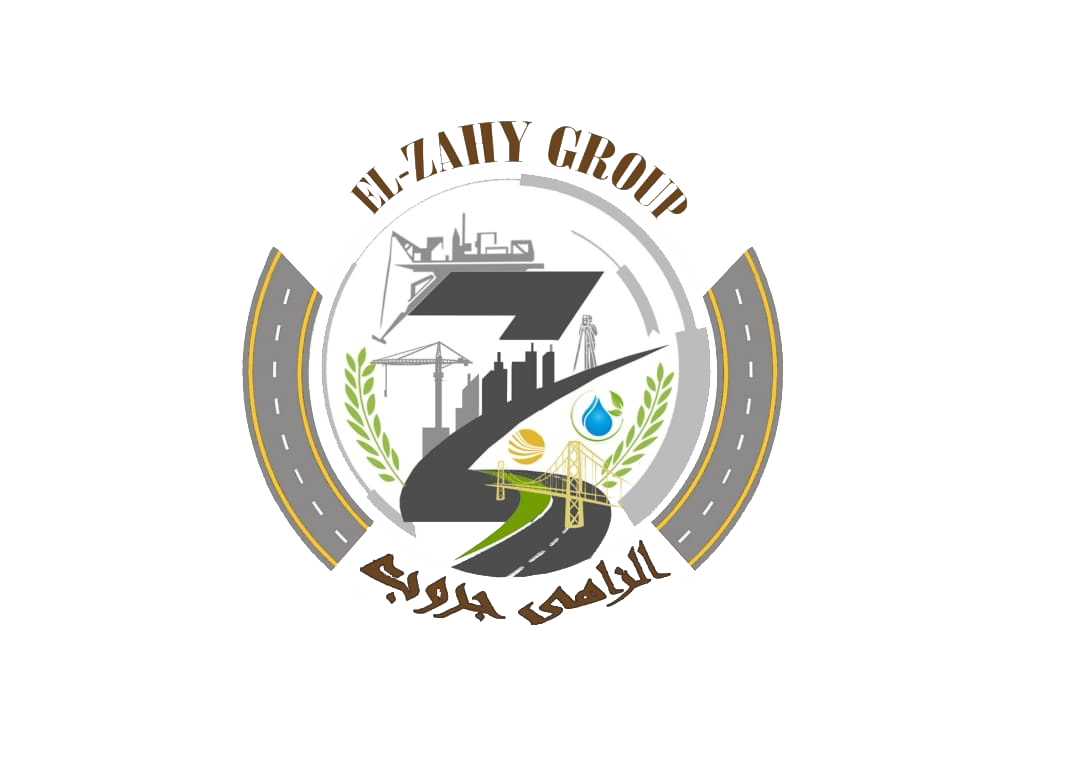
Alcoholic families are in “survival mode.” Usually, everyone is tiptoeing around the alcoholic, trying to keep the peace and avoid a blow-up. Many ACOAs are very successful, hard-working, and goal-driven.Some struggle with alcohol or other addictions themselves. Children of alcoholics may also struggle with peer pressure and may be more likely to engage in risky behavior. They may feel pressure to conform to their peers’ expectations, leading them to engage in behavior that is dangerous or illegal. According to the journal Pediatrics, children with FAS may also suffer from vision and hearing difficulties, deformed joints and limbs, and heart defects. The disorder can also affect the brain and central nervous system, causing learning disorders, memory problems, poor coordination and balance, hyperactivity, rapid mood alcoholic mother effect on son changes and other problems.
- Some adult children of parents with AUD take themselves very seriously, finding it extremely difficult to give themselves a break.
- Children may feel as if they are unlovable or unworthy of love or attention, ultimately leading to feelings of low self-worth.
- In adulthood, these children are more likely to have a lower socioeconomic status and problems with forming interpersonal relationships.
- But a parent with AUD may not have been able to offer the support you needed here, perhaps in part because they experienced emotional dysregulation themselves.
- Difficulty expressing and regulating emotions can affect your overall well-being and contribute to challenges in your personal relationships.
- Children and adolescents are particularly sensitive to the emotional climate in their homes.
- By being honest with oneself and acknowledging the effect pain has had, children of alcoholic parents can let go and move forward.
Signs and Symptoms
You really can’t understand addiction as a child, so you blame yourself and feel “crazy” because your experiences didnt line up with what adults were telling you (namely that everything is fine and normal). If youre an adult child of an alcoholic, you feel different and disconnected. It can be a relief torealize that some of yourstruggles are common to ACOAs.

Emotional Problems
During conversations with the parent, it may be helpful to ensure they understand what treatment involves and the various options available. So consider pointing them to information on topics such as detox, outpatient, inpatient, aftercare, the admissions process, types of therapies, family treatment, and more. Bear in mind, the manner in which you approach this conversation is also important. So you might want to peruse information on how to talk to an alcoholic before you broach the topic. Most importantly, the person with the AUD should consider treatment, as rehab can aid not only the individual but also the family as a whole. However, the way you speak and interact with children also may lessen the impact of a parent with a SUD.
The Three Phases of Alcoholism
An unpredictable and unreliable environment can cause a child to feel unsafe in their own home. They may feel trapped and unable to escape the pain caused by their parent’s addiction to alcohol. Children may blame themselves for their needs not having been met, which can lead to feelings of shame and https://ecosoberhouse.com/ unworthiness. In addition, increased difficulties in academic and social settings can be the result of this kind of environment.

It is important to remember that not all individuals exhibiting these behaviors are necessarily struggling with alcoholism, but they may be warning signs worth paying attention to. Tana goes on to explain how the trauma still affects her, and how treatment has helped lessen the severity of her symptoms. If you or the parent have additional questions—or you simply need someone to walk you through the treatment process—American Addiction Centers can help. While AAC offers several treatment facilities across the U.S., our admissions navigators at can provide a host of information and options for your unique situation.

How an Alcoholic Mother Affects Her Children
An external factor often causes familial roles to shift, such as sudden unemployment of one or both parents, military deployment, or severe illness or death in the family. In the case of substance abuse having internal roots, the cause may be attributed to one or both of the parents having a mental condition. A trained mental health professional can offer more support with identifying unhelpful habits and coping mechanisms and exploring alternatives that better serve you. Couples therapy can also have benefit, according to White, if you believe behaviors rooted in your childhood experiences have started to affect your romantic relationship. According to White, this may happen partly because children often learn to mirror the characteristics of their parents.
- AUD is a mental health condition that can prove very difficult to manage and overcome.
- When drug abuse begins in these early years, the individual’s brain doesn’t emotionally mature normally as they age into adulthood.
- Women from managerial or professional backgrounds were especially at risk, with 19 per cent more likely to drink heavily at home.
- Depending on the severity of the addiction, these behaviors might disappear when the alcoholic gets his addiction under control.
- According to the National Association for Children of Alcoholics, it’s important for children of alcoholics to know they are not alone and that alcohol addiction is a disease.
- This financial instability adds another layer of stress to an already tense family environment.
Tana feels empowered and in control of her anxious habits now that she has experienced PTSD therapy to understand her mind and take charge of her life. In households that follow a traditional nuclear dynamic, a mother with alcoholism can be very detrimental. Mothers who are the primary caretakers and would be responsible for most daily care can induce chronic stress with unexpected outbursts and challenges that children must cope to handle.
- Second, reliance on alcohol to manage stress or emotional pain can lead to more frequent and serious alcohol use, escalating the level of life stressors, such as poor academic performance or legal issues.
- Children of alcoholics may benefit from educational programs and group programs such as Al-Anon and Alateen.
- You may find relief in sharing your experiences, and they may be able to help you.
- Seeking professional help or support groups for children of alcoholics can help mitigate these negative effects on their mental well-being.
- Some people dealing with the effects of alcoholic parents blame themselves for their substance abuse.
Hiding Drinking Behaviors
Educate yourselfIt is essential to educate yourself about the effects of alcoholism on children. This will help you to understand the child’s experiences and emotions better, and provide you with the tools you need to support them effectively. A 2014 review found that children of parents who misuse alcohol often have trouble developing emotional regulation abilities. If you’re seeking alcohol addiction treatment for yourself or a loved one, The Recovery Village at Baptist Health is Halfway house here to help. We have many treatment options, including medical detox, inpatient treatment, partial hospitalization programming and intensive outpatient care. Our facility features 90 beds and offers nutritious meals, relaxing lounges and indoor and outdoor amenities.








